NCAT’s Test Track Priorities in 2021
Recycled materials focus of current research
The NCAT Test Track is a national research proving ground for asphalt pavements located at the National Center for Asphalt Technology (NCAT) at Auburn University in Alabama.
The test track itself is a 1.7 mile oval with experimental sections sponsored by highway agencies and the transportation industry. It’s the only high-speed, full-scale accelerated pavement testing facility in the world, NCAT said.
Highway agencies and industry sponsors fund research on the 1.7 mile oval in 200-foot sections.
NCAT, in partnership with the Minnesota Department of Transportation’s MnRoad facility, focuses on pavement preservation and validation of cracking tests—two issues with national importance that impact each agency.
 Working with MnRoad, the focus of the 2021 research is to quantify the impact of “premium mix additives” on pavement life, NCAT Assistant Director R. Buzz Powell said. In phase one of the project, which launched in Fall 2020, balance mix design work, mix performance testing and modeling of many different “premium mix additives” were performed and the results presented to states sponsoring the study and others providing funding, who then choose the products for the track build in 2021.
Working with MnRoad, the focus of the 2021 research is to quantify the impact of “premium mix additives” on pavement life, NCAT Assistant Director R. Buzz Powell said. In phase one of the project, which launched in Fall 2020, balance mix design work, mix performance testing and modeling of many different “premium mix additives” were performed and the results presented to states sponsoring the study and others providing funding, who then choose the products for the track build in 2021.
For the study, officially titled “Sustainable Resilient Pavement Technologies (SRPT), NACT built a five-inch thick control section and a series of similar five-inch treatment sections which will include fibers (possibly aramid fiber), plastics (different types), epoxies and several different ground tire rubber products.
In August, recycled rubber materials were installed on three segments of the test track—600 feet—as part of NCAT’s 2021 Test Track research study. Indiana-based Entech supplied the rubber for the three different rubberized asphalt products that were installed in individual segments. The materials installed in each 200 foot section are: Liberty Tire’s Smart Mix dry process product; Cactus Asphalt/Entech ground rubber products, and Asphalt Plus Elastiko dry process product.
Liberty’s SmartMIX™ utilizes Reacted Rubber Particle Technology to pre-swell and react rubber with liquids such as asphalt binder, extender oils, warm-mix waxes, liquid anti-strip, rejuvenators, or other agents which are incorporated into the mix through a RAP collar, a cold feed bin, or via a modified fiber blower using the dry process.
Cactus Asphalt/Entech ground rubber products include rubberized chip seal and other asphalt rubber design mixes.
Asphalt Plus Elastiko is a chemically Engineered Crumb Rubber (ECR) product that is fed into the asphalt plant during mix production, similar to a fine aggregate. The heated binder reacts with the ECR during mixing, storage and transport. The delivered mix lays and performs like a polymer-modified pavement.
While the main product of the research study is a layer coefficient that state agencies can use for pavement that has recycled tire rubber or aramid fibers in it, for future products, researchers said they don’t want to have to build test sections every time someone comes up with a creative new product that’s intended to extend pavement the life of pavements in a sustainable way, Powell said.
The other big product of the research is lab framework that state agencies can use to subject products to as a way to predict performance. Powell said it will be a testing and modeling effort that will allow states to look beyond book value if they specify and invest in a product like fibers, for example, and ask “what effect am I getting from the fibers, how is it and is it extending performance life and is it worth the extra money I spent on this additive group experiment.” The key takeaway, he said, is “what is the long-term performance of these premium mix additives.”![]()
© Scrap Tire News, October 2021






